OUTSTANDING ODISHA
Odisha is a culturally rich state, and fringes on the Bay of Bengal. The eastern part, near the ocean is more prosperous, with a considerable measure of vacationer areas and religious spots. The western part is an uneven and forested territory, for the most part dry spell inclined. It is a prevalently inborn belt. Be that as it may, the western piece of the state contains tremendous volumes of iron metal and different minerals that guarantees to proclaim a noteworthy industrialisation of the state.
Traditionally, Odisha descended from the historical kingdom of Kalinga.
The content for the Odia (Oriya) dialect gets from the Kalinga content which is one of the relatives of the Brahmi content.
The Bhubaneswar-Puri-Konark brilliant triangle is the pride of the state.
Best Time to Visit
The climate of the state is primarily tropical with the coastal climate being distinct from the rest of the state. During the monsoon, the region comes under tropical depression and is hit by heavy rain and tropical cyclones that create heavy damage to property and crops.
Places to visit in Odisha
Bhubaneswar-the state capital with its over a hundred temples-provides an ideal introduction to the rich cultural heritage of the state of Orissa. Visits to the Lingaraja Temple and the Rajarani Temple (11th century AD) are a must. Those interested in ancient temple architecture may visit the temples of Laxmaneswar, Satrughaneswar and Bharateswar (6th century AD), Parasurameswar and Swarnajaleswar (7th century AD), Vaital Deul (8th century AD), Brahmeswar (11th century AD) and Ananta Vasudeva (13th century AD)

Odisha State Museum
While in Bhubaneswar, the Orissa State Museum, Tribal Research Museum and Handicrafts House should also be on the visitors' lists.
Nearby excursions (8 km) to the Khandagiri and Udayagiri caves belonging to the 1st-2nd century BC, to Dhauli (8 km) with the Buddhist Peace Pagoda constructed in 1972 and the Zoo and Botanical Gardens at Nandan Kanan (120 km) cater to a variety of interests.
One of the four religious centres in India, Puri in Orissa is famous for its Jagannath Temple. Other temples of interest here are the Gundicha, Lokanath and Tota Gopinath and tanks like Sweta Ganga and indradyumna.
Puri, a popular beach resort is of special attraction for visitors fond of swimming in the sea. Excursions to Balighai (8 km), a picnic spot and Satyabadi (20 km) with its shrine dedicated to Lord Sakshigopal are recommended.

With its famous Sun Temple, Konark is the high point of a visit to the Golden Triangle of Orissa. The temple, built in the 13th century and now in ruins, is replete with stone sculptures. The temple is one of the unrivalled technical marvels of ancient India.
KONARK TEMPLE (SUN TEMPLE)
The Konark Sun Temple is a thirteenth century Hindu sanctuary devoted to the sun god. Formed like a mammoth chariot, the sanctuary is known for the dazzling stone carvings that cover the whole structure.
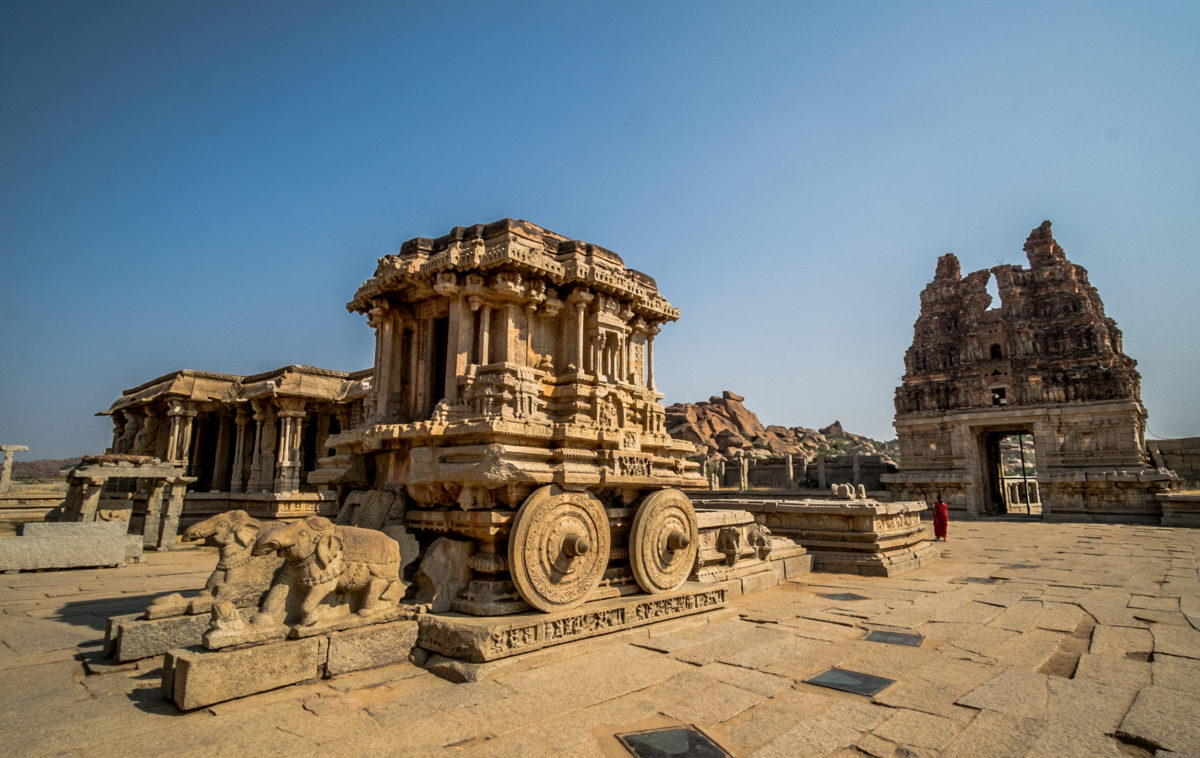
Konark Temple
The Konark Sun Temple is the most famous traveler goal in Orissa and has been a World Heritage Site since 1984. It is situated in the town of Konark, or, in other words of Puri on the shore of the Bay of Bengal.
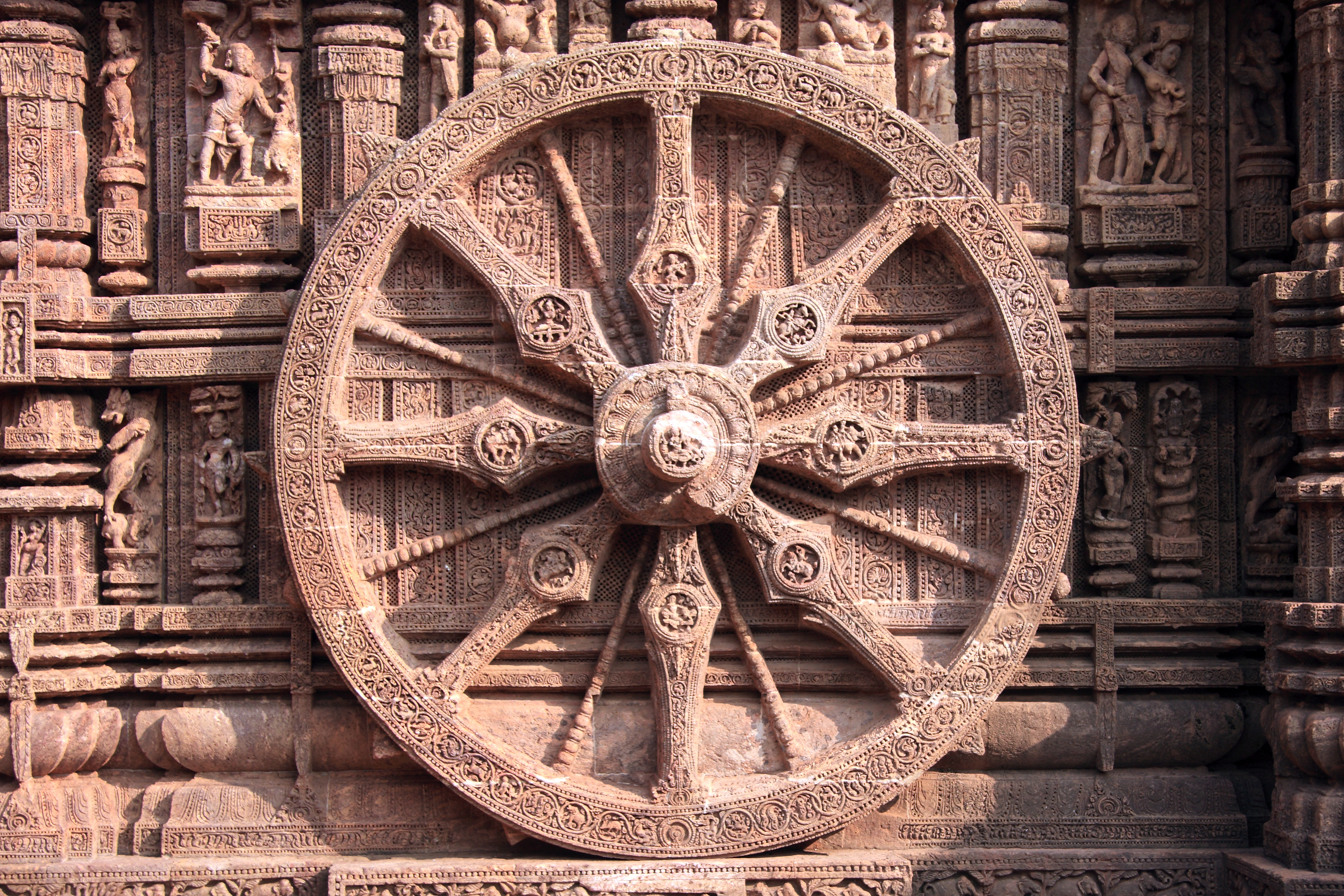
Konark Sun Temple Wheel
History of Konark Sun Temple
The Sun Temple at Konarak was worked in around 1250 AD by the East Ganga lord Narasimhadeva. It is thought he constructed the sanctuary to honor military victories against Muslim trespassers.
As indicated by nearby legend, the sanctuary has an extraordinary quality of intensity that originates from two ground-breaking magnets said to have been incorporated with the pinnacle - magnets that enabled the lord's position of royalty to float in mid-air.

A sculpture taken from the site at the British Museum
European sailors cruising off the drift utilized the sanctuary's pinnacle for route, however named it the Black Pagoda for the successive wrecks that happened along the drift. They ascribed the debacles to the incredible magnets' impact on the tidal example.
Konarak was sacked by the Muslim Yavana armed force in the fifteenth century. The focal statue revered in the sanctuary was carried away to Puri by ministers, however the Sun Temple was gravely harmed in the assault.

Sunrays Entering in the Sun Temple Konark
The Konark Sun Temple appears as a tremendous chariot for the sun god Surya, with 12 sets of stone-cut haggles group of seven jogging ponies (just a single survives unblemished).
The sanctuary likewise symbolizes the progression of time, or, in other words sun god's control. The seven ponies, which pull the sun sanctuary eastwards towards the day break, speak to the times of the week. The 12 sets of wheels speak to the a year of the year and the eight spokes in each wheel symbolize the eight perfect phases of a lady's day.
How to Reach Konark Temple:
There are regular buses and Jeeps to Konark from Puri, which is 33km down the coast. The journey takes about an hour and the last bus back to Puri leaves at 6:30pm.
Alternatively, you can take an auto-rickshaw for Rs250-300 round trip, including waiting time.
Official guided tours leave from the Panthaniwas in Bhubaneswar (Tues-Sun 6:30-6:30, Rs130) and also visit Dhauli.
JAGANNATH TEMPLE, PURI
The Shree Jagannath Temple of Puri is a vital Hindu sanctuary devoted to Lord Jagannath, a type of master Vishnu, situated on the eastern shoreline of India, at Puri in the province of Odisha. The sanctuary is a critical journey goal The present sanctuary was reconstructed from the tenth century onwards, on the site of a prior sanctuary, and started by King Anantavarman Chodaganga Deva, first of the Eastern Ganga line.

Jagannath Temple
The Puri sanctuary is popular for its yearly Ratha yatra, or chariot celebration, in which the three chief gods are pulled on immense and extravagantly enlivened sanctuary autos. These gave their name to the English expression Juggernaut. Not at all like the stone and metal symbols found in most Hindu sanctuaries, the picture of Jagannath is made of wood and is ceremoniously supplanted each twelve or nineteen years by a correct imitation.
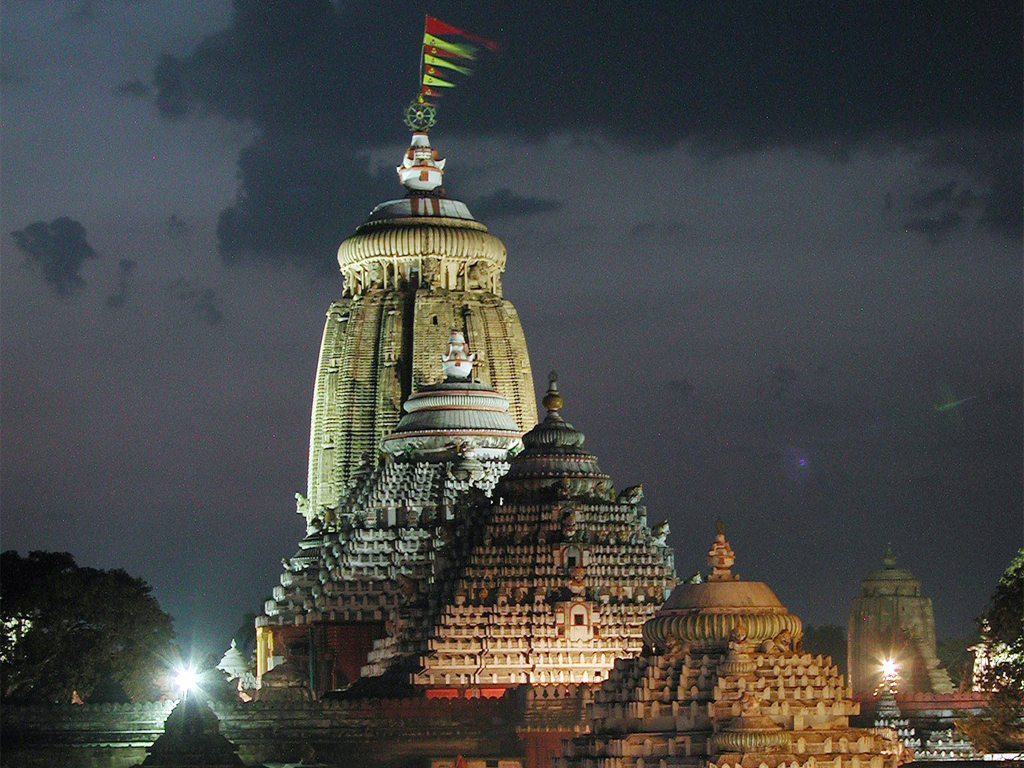
The sanctuary is sacrosanct to all Hindus and particularly in those of the Vaishnava conventions. Numerous incredible holy people, for example, Ramananda and Ramanuja were nearly connected with the sanctuary. Ramanuja built up the Emar Mutt close to the sanctuary and the Govardhan Mutt, or, in other words of one of the four Shankaracharyas. It is additionally of specific noteworthiness to the supporters of the Gaudiya Vaishnavism whose originator Chaitanya Mahaprabhu, was pulled in to the divinity, Jagannath, and lived in Puri for a long time
Jagannath Rath Yatra:
The Jagannath triad are usually worshiped in the sanctum of the temple at Puri, but once during the month of Asadha (Rainy Season of Orissa, usually falling in month of June or July), they are brought out onto the Bada Danda (main street of Puri) and travel (3 km) to the Shri Gundicha Temple, in huge chariots (ratha), allowing the public to have darśana (Holy view). This festival is known as Rath Yatra, meaning the journey (yatra) of the chariots (ratha). The Rathas are huge wheeled wooden structures, which are built anew every year and are pulled by the devotees.
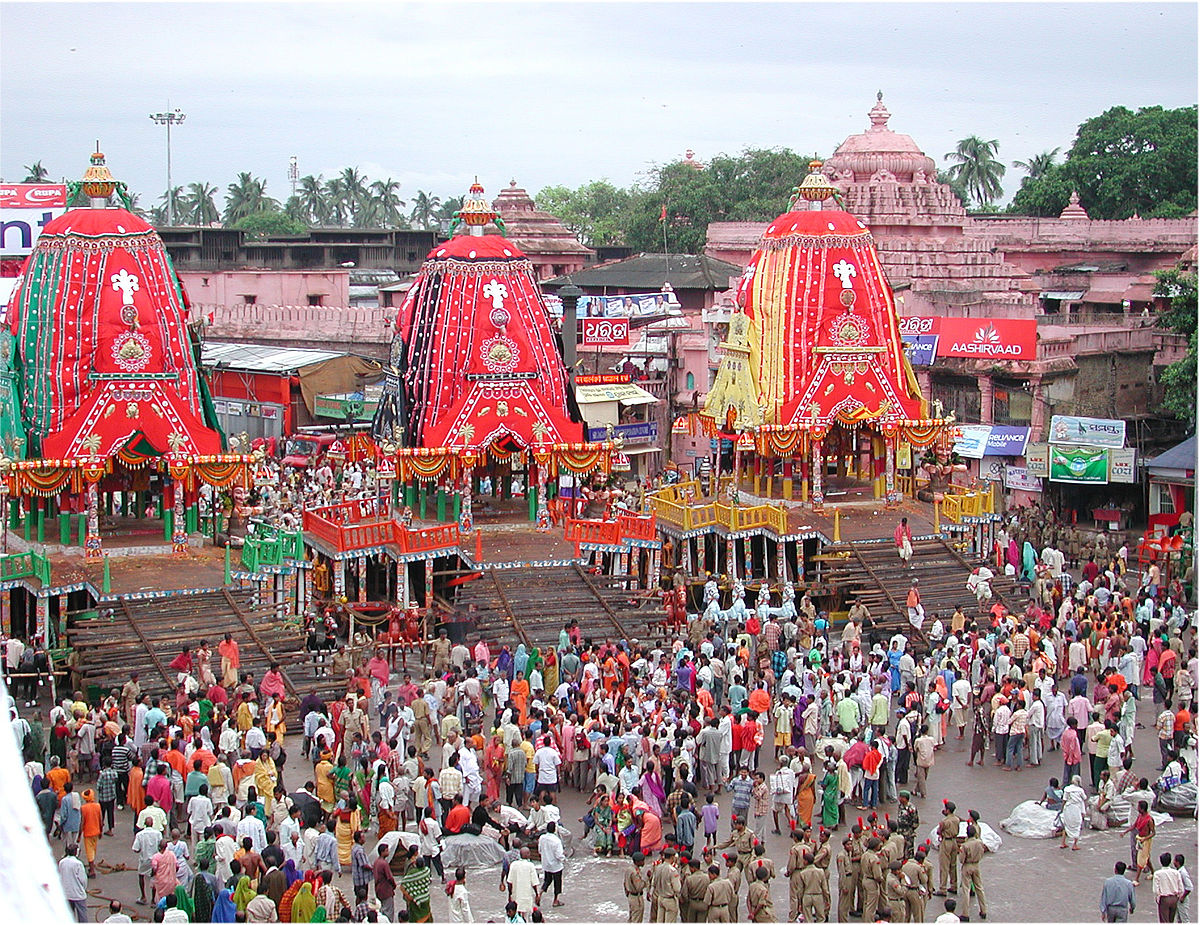
Rath Yatra
The most significant ritual associated with the Ratha-Yatra is the chhera pahara. During the festival, the Gajapati King wears the outfit of a sweeper and sweeps all around the deities and chariots in the Chera Pahara (sweeping with water) ritual.

Inside Garbgriha of the Temple
How to reach Jagannath Temple:
BY AIR : The nearest airport is Bhubaneswar, 60 km.
BY RAIL : Reaching Puri through Rail - Puri is a terminus on the East Coast Railway having direct express and super fast train links with New Delhi, Mumbai, Kolkata, Okha, Ahmedabad, Tirupati etc. Some important trains are Kolkata (Howrah) Puri Howrah Express, Jagannath Express; New Delhi; Purushottam Express. Khurda Road Station, 44 km, from Puri is convenient rail head for train to Chennai and Western India. The station is about one km North of the town. Cycle rickshaws and auto rickshaws compete aggressively to get you to a hotel.
BY ROAD : Reaching Puri through Road - The bus stand near the Gundicha Temple provides connections to Bhubaneswar and Cuttack, service every 10-15 minutes. Minibuses to Konark leave every 20-30 minutes and also from Jatiababa Chhak. There are direct buses for Kolkata and Visakhapatnam.
TRIBAL LIFE IN ODISHA
Orissa presents a true picture of modern times co-existing with rustic lifestyle. On one hand we have a developed urban city that has tall buildings, fast life and all amenities. On the other hand we see a stark contrast in the form of the tribal culture of Orissa. This vibrant and colorful side is making its mark in urban lifestyle as well in the form of enthusiastic folk dances, songs, art & craft, poems and tattoos.

The tribal people of Orissa are strong, industrious and very hospitable in nature. They usually don't intermingle with outsiders, since they are not too advanced and are quite shy. The men folk are engaged in activities like agriculture, hunting and fishing to earn a living. The tribal people live a life without any luxuries that the urban city provides and yet are content with it. The tribal culture is very simple and portrays a subtle side of Orissa.

The tribal culture of Orissa is also abundant is the celebration of festivals. Being God-fearing people, they worship numerous deities for their well-being. The festivals are celebrated with much excitement and happiness and the traditional rituals are closely followed in order to please the Gods. The most important festivals are Chaita Parab and Push Parab when the men folk go on hunting expeditions. The different customs and lifestyle is what makes the tribal culture truly distinctive and fascinating.
CHILIKA LAKE
Chilika Lake is a brackish water lagoon, spread over the Puri, Khurda and Ganjam districts of Odisha state on the east coast of India, at the mouth of the Daya River, flowing into the Bay of Bengal, covering an area of over 1,100 km2
The lake is an ecosystem with large fishery resources. It sustains more than 150,000 fisher–folk living in 132 villages on the shore and islands
It is the largest wintering ground for migratory birds on the Indian sub-continent. The lake is home to a number of threatened species of plants and animals
The lake is an ecosystem with large fishery resources. It sustains more than 150,000 fisher–folk living in 132 villages on the shore and islands
It is the largest wintering ground for migratory birds on the Indian sub-continent. The lake is home to a number of threatened species of plants and animals
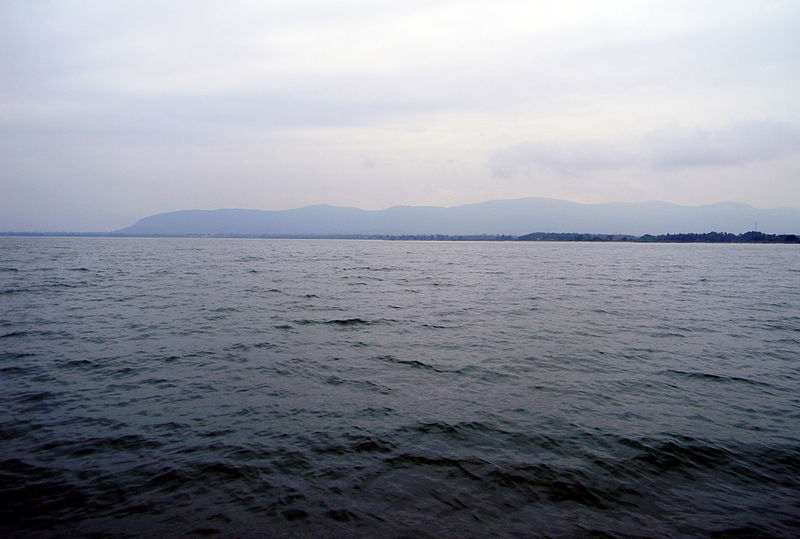
Chilika Lake
History:
Geological evidence indicates that Chilika Lake was part of the Bay of Bengal during the later stages of the Pleistocene period (1.8 million to 10,000 years BP)
A fourth-century legend, often told to explain the birth of Chilika, states that the pirate king, Raktabahhu, planned to attack Puri with a huge fleet of ships. To avoid detection, he stealthily anchored out of sight, off the mouth to the sea. The deception was revealed by ships' refuse floating to the shore, thus warning the town's people, who escaped with all their possessions.
A fourth-century legend, often told to explain the birth of Chilika, states that the pirate king, Raktabahhu, planned to attack Puri with a huge fleet of ships. To avoid detection, he stealthily anchored out of sight, off the mouth to the sea. The deception was revealed by ships' refuse floating to the shore, thus warning the town's people, who escaped with all their possessions.

Migratory Birds:
The 15 km2 Nalaban Island is within the Lagoon and is the core area of the Ramsar designated wetlands. It was declared a bird sanctuary under the Wildlife Protection Act in 1973. It is the heart of the park where one can seen thousands of birds descending during the migratory season. The island disappears during monsoon season due to inundation, and post-monsoon, the island emerges again.
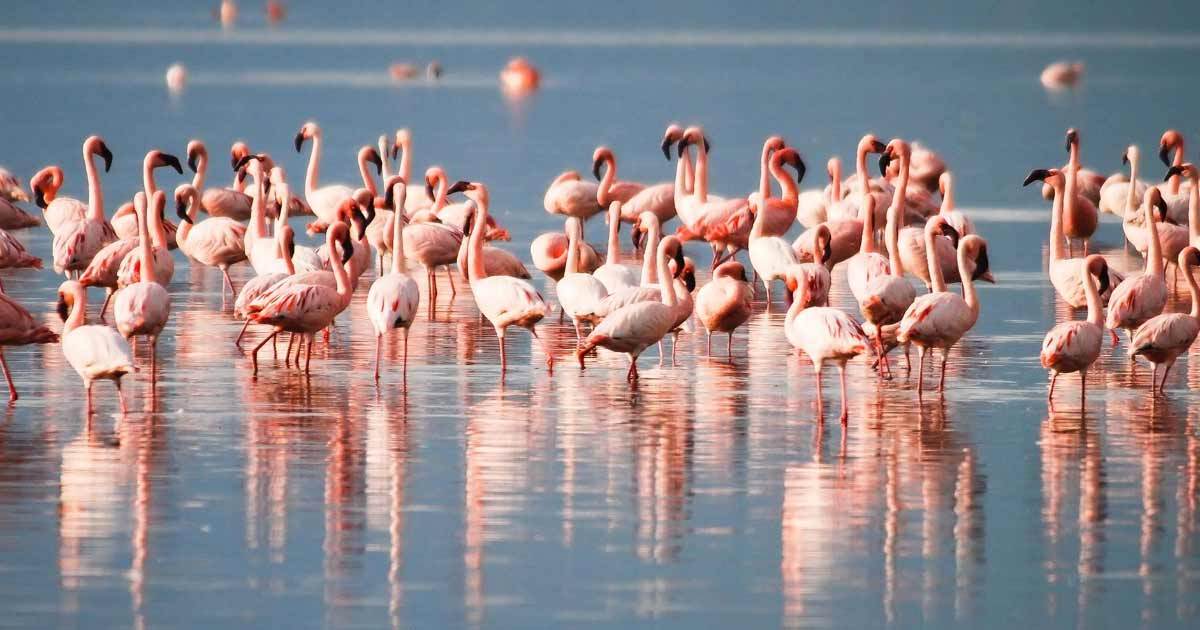
Migratory birds start arriving in Chilika Lake
The vast lake harbours 225 species of fish, a wide variety of phytoplankton, algae and aquatic plants, and also supports over 350 species of non-aquatic plants. The other areas where high concentrations of birds are recorded are Gerasara, Parikud Island, and the western shores of the Northern sector.

No comments:
Post a Comment